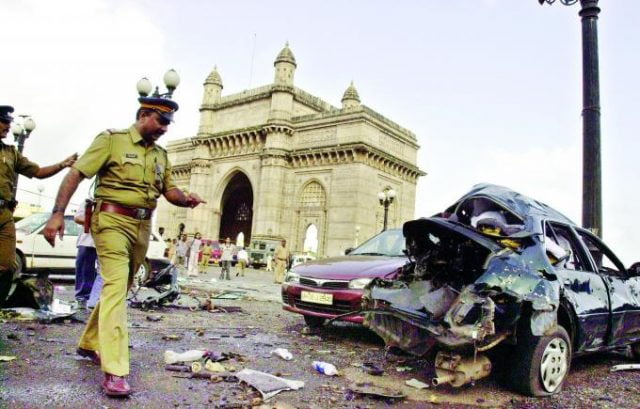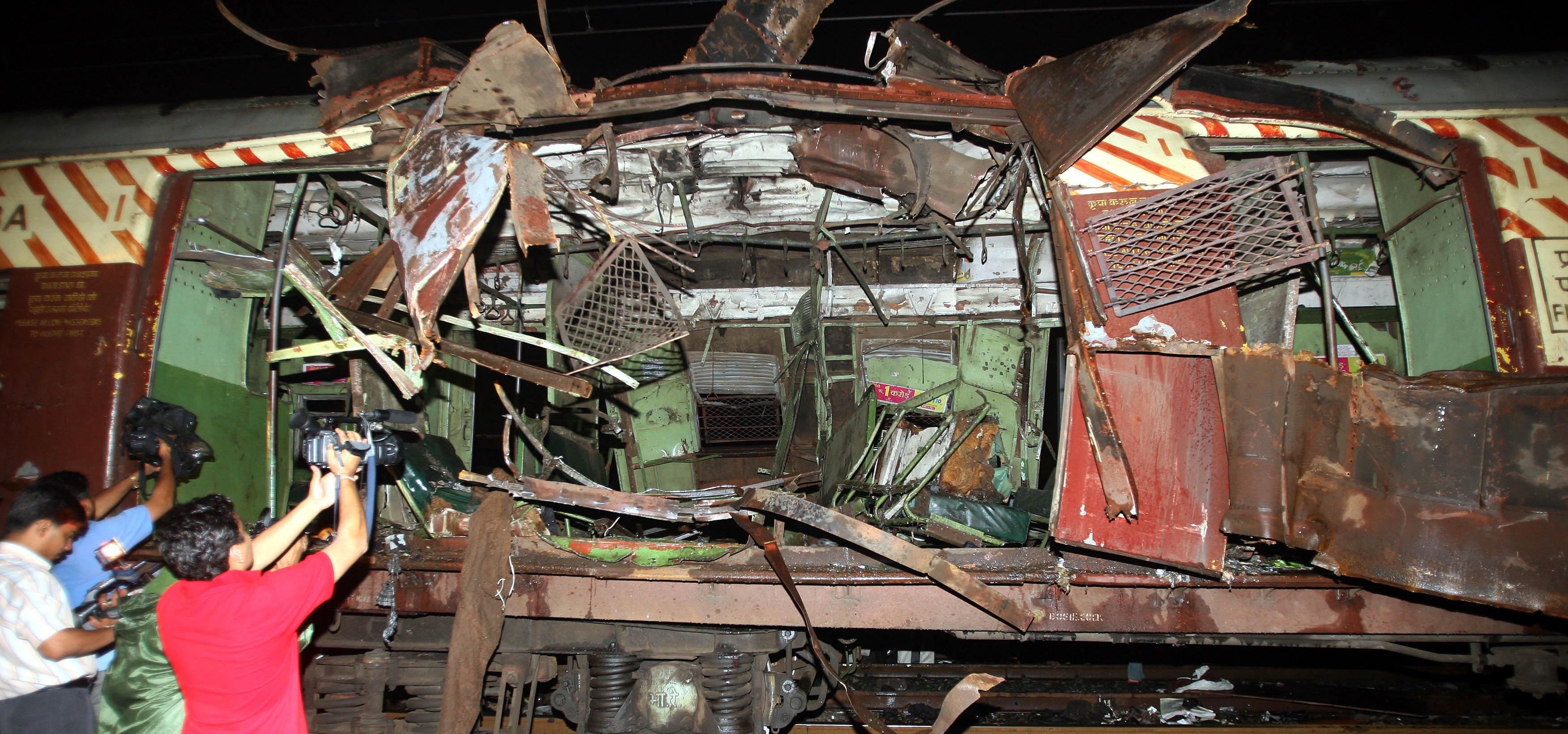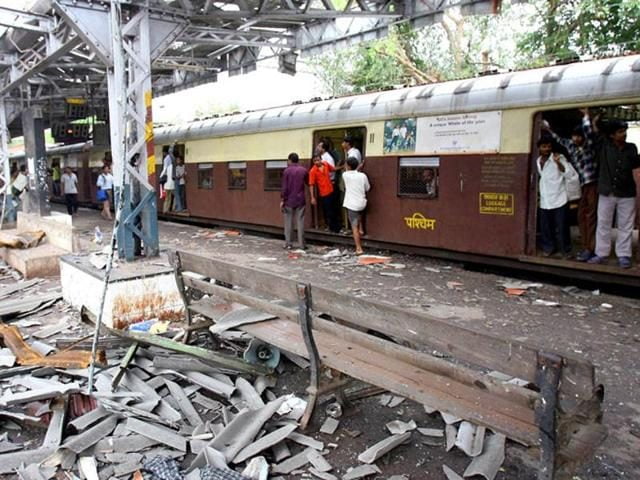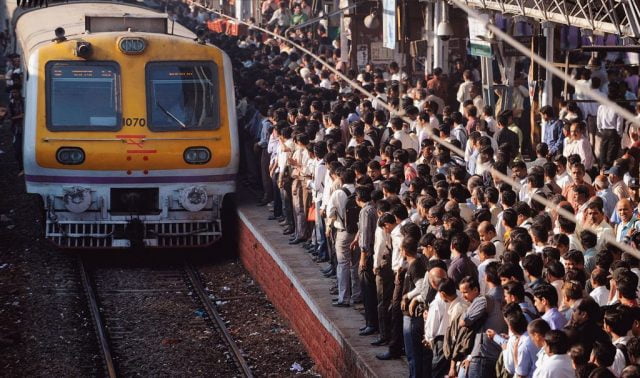Back in Time is ED’s newspaper-like column that reports an incident from the past as though it has happened just yesterday. It allows the reader to re-live it several years later, on the date it had occurred.
Today, we take you back to that terrible July day in 2006, when the Mumbai train attacks shocked the country, killed hundreds and injured several more.
July 11th, 2006: India’s financial capital, the city of Mumbai was rocked by a series of seven significant bomb blasts today that ripped through the bustling Suburban railway network.
In what is suggested to be the worst terrorist attack since 1993, over 180 people have been presumed to be killed and 600 people injured, with the numbers likely to rise even further in today’s Mumbai train attacks.
Relief and rescue efforts have been difficult owing to heavy, incessant monsoon rains but, were boosted by help from a lot of local bystanders. All the families of those killed and injured have been promised ex-gratia payments by the Maharashtra government.
“I was travelling north to Borivali when the local stopped at Platform No. 3 of Mahim junction. Suddenly, there was a flash of white light and I felt my entire body burning and melting. When I woke up, the side of my face was bloody and there was six-inch piece of shrapnel in my shoulder,” said Amit Parulkar, a software developer who is now recovering at the Civil Hospital.
The blasts in question have been now declared to be carefully, coordinated attacks on the local suburban railway of the city of Mumbai, with each bomb (probably encased in briefcases or pressure cookers) exploding over a period of 11 minutes between 6:24 and 6:35 pm.
The Mumbai train attacks follow a series of bloody terrorist attacks that have rocked India over the past few years during which almost 100 people have died in bomb blasts across Delhi and Varanasi, as well as another 70 people in Mumbai itself (3 bomb blasts in the city in 2003).

Read: How Travelling in Local Trains in Mumbai Can Get You Killed
Although the investigation by the Mumbai Anti-Terrorist Squad is still only in its nascent stages, it has been suggested by sources in the ATS and the Maharashtra government that the Mumbai train attacks had been orchestrated by a foreign terrorist organization with help from local recruits.
Asked about whether there was some intelligence info leading up to the attack, Home Minister Shivraj Patil suggested there was but, no information specifically pointing to the time and place of the attack.
However, he refused to answer any question with respect to whether such an attack constitutes an escalation on the part of the terrorists.
Post-Scriptum: The attacks of 11th July wouldn’t be the last attacks on the city of Mumbai. Blasts in Malegaon would follow, and so would the 26/11 attacks that shocked the country a few years later. And, not just Mumbai.
Over the next few years, terrorist attacks would strike India across Delhi, Srinagar, Varanasi, Ahmedabad and Hyderabad in what was a definite escalation on the part of terrorist outfits such a Lashkar-e-Toiba and Indian Mujahideen.
But, like the 26/11 attacks that followed, the 11th July Mumbai train attacks would be one that would stay long in the memory of Mumbaikars and India because it struck what was the nerve, the lifeline of the city of Mumbai: The suburban local train network.
Although the network resumed service after 10 in the night that day and the Bombay Stock Exchange opened strongly the next day, it remains a terrible day of tragedy and a show of the resilience of the city of Mumbai and its people.
Image Sources: Google Images
Sources: BBC, NDTV, The Hindu
Also Read:
http://edtimes.in/2018/06/back-in-time-43-years-indira-gandhi-national-emergency-changed-indias-democracy/



































